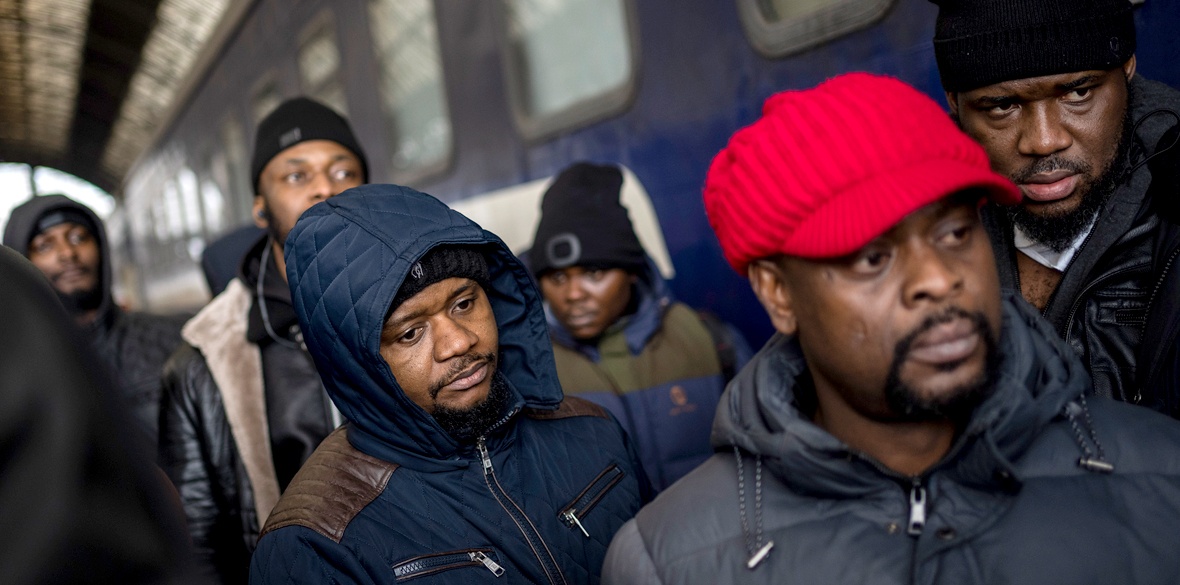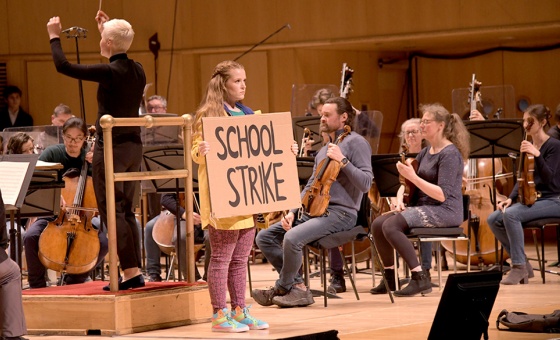This is the last article you can read this month
You can read more article this month
You can read more articles this month
Sorry your limit is up for this month
Reset on:
Please help support the Morning Star by subscribing here
ALTHOUGH the Black Lives Matter (BLM) campaign has been around since 2013 many only started crying about what was happening to black people after the murder of George Floyd in 2020.
Many of these new converts to black liberation suddenly tripped over themselves saying just how much our lives had always mattered to them. Not that there was often much evidence of it but better late to the party than not to come at all.
Black activists were in demand for advice on what these folks could do to help and for the best books to read so they could get better educated about the struggle.
You also couldn’t move for people wanting to take a knee to show their commitment. Not in a Colin Kaepernick — it will cost me everything type way — but in a kind of I need everyone to see me doing this type of way.
This all lasted as long as it took them to say “we have to turn this moment into a movement.” As soon as it was no longer fashionable or advantageous they dropped us – just as many of us knew they would.
I have talked about this before in these pages and made the point that this is not just an attack of the right – from whom many would expect it – but also of some on the left who should know much better but have too often demonstrated something different.
I raise this again now because the terrible attack on Ukraine by Russia has raised some very uncomfortable and inconvenient truths about racism and black rights worldwide.
There have been many first-hand examples of people of African and Asian descent facing race discrimination at or near the border of Ukraine and Poland. When these were first raised the initial reaction was often to dismiss these stories as untrue and anyway “didn’t we know there was a war taking place?” and “why do you always have to raise race?”
One student of Asian descent says he was 50km away from the border with Poland, walking with a group of Indian students, when they were attacked and beaten up by a racist mob.
This is far from an isolated incident. Khalsa Aid, a humanitarian organisation based in the UK, which has sent volunteers to the area, shared a video showing a large group of Indian students being barred from entering Poland. There are many identical examples of the same experience for Africans fleeing the conflict.
If the actual experience of racism at the border wasn’t enough the racist comments of some politicians and reporters has made the situation worse.
US CBS news correspondent Charlie D’Agata said on air that Ukraine isn’t a place “like Iraq and Afghanistan,” this is a “civilised” place. He said he was choosing his words carefully. Good job that he did or who knows what he would have actually said.
Of course the ritual apology was given but D’Agata is far from the only journalist to see the conflict in racist terms.
Phillipe Corbe from France’s BFM TV said we weren’t talking about “Syrians fleeing the bombing of the Syrian regime” we were instead “talking about Europeans leaving in cars that look like ours to save their lives.”
The most quoted example of this racism though is when a former deputy prosecutor general of Ukraine told the BBC “it’s very emotional for me because I see European people with blue eyes and blond hair being killed every day.” Rather than saying how bad this was the BBC journalist said “I understand and respect the emotion.”
An ITV journalist said in a broadcast from Poland that the “unthinkable” was happening as this “is not a developing, third world nation. This is Europe.”
These are all uncomfortable and inconvenient examples of racism, which black people are meant to shrug off and accept the inevitable apology – as we are always supposed to do. There is worse though.
As horrific as the Russian invasion has been and the understandable outpouring of support and sympathy we all share for the Ukrainian people the conflict has been going for a few days while others, in places referred to by the journalists and commentators, have been raging for many years.
Yemen, one I have chosen from far too many, has been in conflict, backed by the US and Britain and carried out by the Saudi Arabian government, for seven long murderous years.
Saudi guided missiles recently killed 80 people and injured 200 in Sa’adah in Yemen. The UN described the attack as the “worst civilian casualty incident in the last three years in Yemen.”
Don’t feel bad if you haven’t heard of the war in Yemen – it’s barely been reported. After all it’s not Europe. It’s just some third world country and, anyway, the Saudis have loads of money and are our friends, just as the Russians once were.
That’s why it’s OK for Saudi oligarchs to own major British football clubs although not OK for the Russian variety to now do the same.
This is no “whataboutery.” All wars are bad and important. But some wars are clearly more important than others because of who is doing the dying and who they look like.
Am I being over-sensitive about racism? Probably. Racism does that to you — so do double standards. There is a pandemic of both.
Roger McKenzie is a journalist and general secretary of Liberation.











